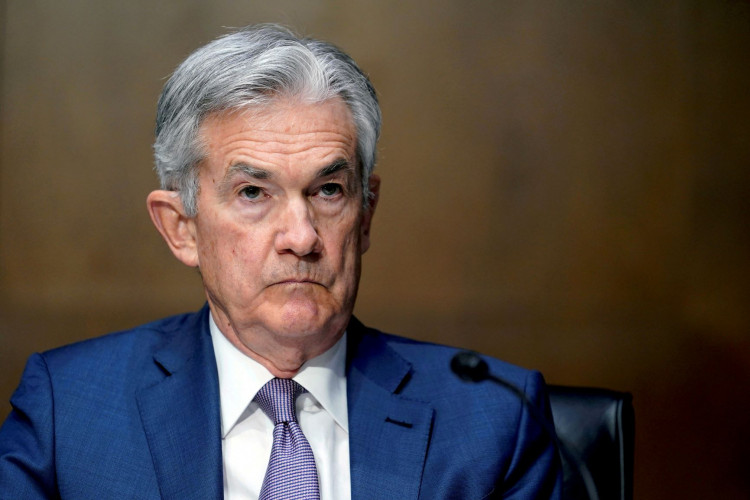Federal Reserve Chairman Jerome Powell told Congress that the U.S. economy is experiencing sustained growth. Powell said in a testimony that the economy may be growing but it still faces continued threats from the pandemic and other global forces.
The head of the nation's central bank said he expects the rising inflation pressures to subside over time. He told Congress that the central bank will continue to retain supporting policies that were put in place in the early days of the global health crisis.
Throughout the pandemic, the central bank has retained its benchmark short-term lending rate at near zero. It has also been buying more than $120 billion worth of bonds each month.
Last week, the Federal Open Market Committee announced that it is looking forward to pulling back on some policy accommodations as the economy slowly recovers. The committee said it was necessary to gradually lift the measures to lessen inflation concerns.
Members of the committee had expressed concerns that the central bank may opt to raise interest rates faster than it wants if the inflation rate increases any further. Powell acknowledged that the inflation rate had increased "notably" but it is only "transitory."
Powell said the economy took a beating last year but it is showing "sustained improvement." Powell is also expected to give a testimony to the House Select Subcommittee on the Coronavirus Crisis on Wednesday.
"Widespread vaccinations have joined unprecedented monetary and fiscal policy actions in providing strong support to the recovery. Indicators of economic activity and employment have continued to strengthen, and real GDP this year appears to be on track to post its fastest rate of increase in decades," Powell said.
Powell said that while the nation's vaccination campaign has proven effective in slowing down the spread of the virus, the pandemic still remains a threat.
"The pandemic continues to pose risks to the economic outlook. Progress on vaccinations has limited the spread of COVID-19 and will likely continue to reduce the effects of the public health crisis on the economy. However, the pace of vaccinations has slowed and new strains of the virus remain a risk," Powell said.






